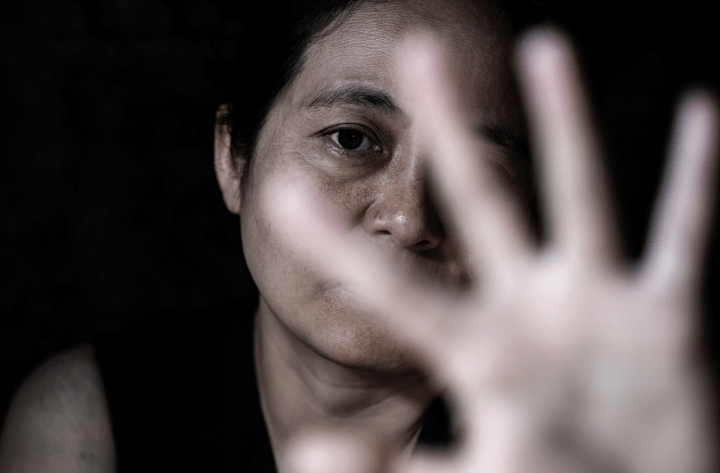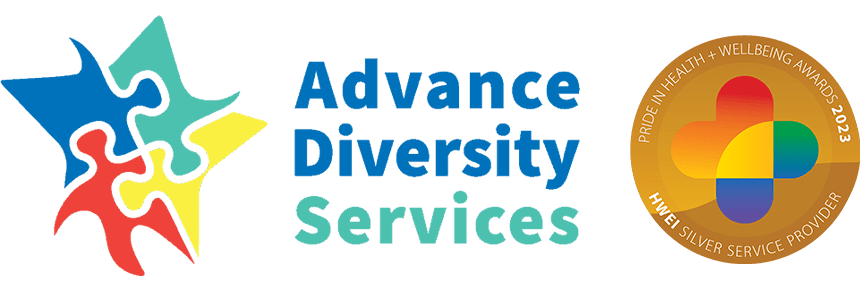
The COVID pandemic has prompted a marked increase in the number of women from culturally and linguistically diverse (CALD) communities seeking specialist Domestic and Family Violence (DFV) case management in the St George region.
This shift has highlighted the need to educate people in the CALD community that:
- DFV is a crime punishable by law in Australia.
- DFV includes any behaviour, in an intimate or family relationship, which is violent, threatening, coercive or controlling, causing a person to live in fear and to be made to do things against their will. This includes stalking, intimidation, unwanted sex or sexual acts and emotional abuse, and breaking ADVOs – Apprehended Domestic Violence Orders (sometimes called AVOs or restraining orders).
- Men can also be victims of DFV.
- While many instances of DFV go unreported, there are safe supports for people encountering DFV who do step forward to report it.
Advance Diversity Services has been working with local DFV service providers to help ensure they are equipped to respond to disclosures of DFV from people from CALD backgrounds in ways that are both culturally sensitive and ensure people’s safety.
Grants from Women NSW (in partnership with Moving Forward) and from the Australian Chinese Charity Foundation Inc (ACCF) and a partnership with Moving Forward, the St George and Sutherland Domestic Violence Service, St George Police and Settlement Service International (SSI) have assisted this work.
‘COVID has been a perfect storm for victims of DFV,’ says Magdaline Shenton-Kaleido, ADS Team Leader, Emerging Communities, Settlement and Community Services. ‘Many victims are spending more time with the perpetrator of violence – either because they are working at home or have lost their employment, which results in more opportunities for abuse.
‘We’re working with specialist DFV services to ensure victims from CALD backgrounds who do come forward are equipped with the information they need to understand their rights, make informed decisions, and secure the best and safest support for themselves and their children.’
Ms Shenton-Kaleido said there are many reasons victims from CALD backgrounds may not seek support and especially during COVID times.
These can include:
- The sense that there is reduced accessibility of support services due to social distancing.
- Increased situational stressors which make it harder for them to reach out.
- Fears that taking action could jeopardize residency (temporary visas). For example, a fear that they will be ‘sent back home’ and any children of the union will be forced to remain with the abuser.
- Limited English and not wishing to use professional interpreters or not having them available.
- Cultural, religious factors.
- Fears of family and community reprisals.
- Limited understanding of the rights, protections and legal processes in Australia.
ADS’ role includes:
- Providing information and referrals to DFV service providers and counselling services.
- Promoting positive family relationships through workshops and other media (view the We’re Better Than That video on Youtube at bit.ly/mio-2020)
- Offering orientation activities for communities to understand and access mainstream Australian services, including legal and other outreach services.
Ms Shenton-Kaleido said: ‘Warm referrals between ADS’ frontline bicultural workers and specialist DFV service providers definitely helps clients feel supported and provides a sense of cultural safety and continuity. It also builds trust with the specialist services quickly for timely and appropriate responses. It’s a great collaboration model!’
If you, or someone you know, is experiencing DFV, you can get help on the NSW Domestic Violence website or by contacting ADS on T: 02 9597 5455 or E: info@advancediversity.org.au
If you are in immediate danger call the police on 000
For 24/7 support, information and counselling call:
- NSW Domestic Violence line on 1800 65 64 63
- Sexual Assault, Domestic and Family Violence Counselling service on 1800RESPECT (1800 737 732).
